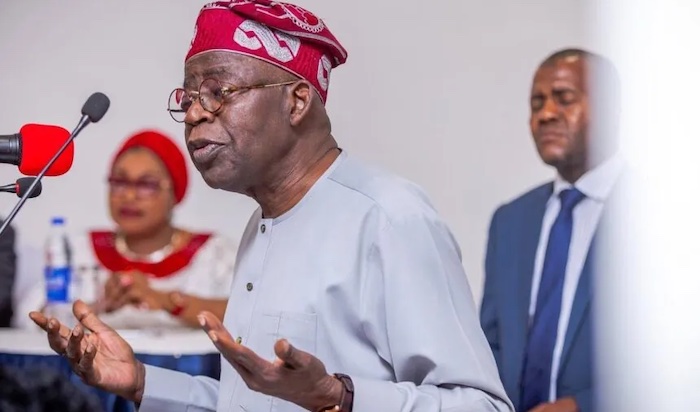President Tinubu Declares VAT-Free Status for Rent, Public Transport, and Green Energy; Essential Goods Now at 0% VAT
 Tinubu VAT Announcement" />
Tinubu VAT Announcement" />
President Bola Tinubu has revealed that rent payments, public transportation, and renewable energy solutions will no longer be subject to Value Added Tax (VAT). This announcement, made during his second anniversary in office, is part of a broader effort to lighten the financial load on Nigerian households. Tinubu also shared that crucial items like food, education, and healthcare are now officially at 0% VAT, ensuring these essentials remain within reach for everyone.
He highlighted that one of the standout achievements of his administration has been an ambitious overhaul of the tax system, which is already paying off. By the close of 2024, the ratio of tax revenue to GDP had climbed from 10% to a notable 13.5% within just a year—a leap that didn’t happen by chance. According to Tinubu, this progress stems from intentional improvements in tax collection and the introduction of policies aimed at making the system fairer, more effective, and more supportive of economic growth.
Gone are the days of confusing and overlapping taxes. The government is making it simpler for small businesses to operate and join the formal sector. The reforms are crafted to shield low-income families and boost workers’ take-home pay, with essentials like food, education, and healthcare now completely VAT-free. Rent, public transport, and renewable energy are also escaping the VAT net, all in a bid to further trim household expenses.
The era of lavish and mysterious tax breaks is being put to rest. In their place, the government is rolling out clear and focused incentives to support sectors like manufacturing, technology, and agriculture—areas that promise the most impact. These changes aren’t just about filling government coffers; they’re about sparking broad-based economic growth that includes everyone.
Youth are also in the spotlight, with a friendlier tax climate designed to open doors for digital jobs and remote work. Export incentives are being introduced to help Nigerian businesses hold their own on the world stage. Meanwhile, the National Single Window project is making international trade smoother and faster, giving Nigeria a competitive edge.
To keep things fair and transparent, a Tax Ombudsman is on the way—an independent body dedicated to protecting taxpayers, especially the little guys, and making sure the system serves everyone. Most importantly, the administration is laying the groundwork for a more sustainable future through a new national fiscal policy. This strategy will guide fair taxation, prudent borrowing, and disciplined government spending.
All these reforms are geared toward lowering the cost of living, ensuring economic fairness, and building a business-friendly environment that attracts investment and supports every citizen. The ultimate goal? A Nigeria where prosperity is shared and nobody gets left behind.
